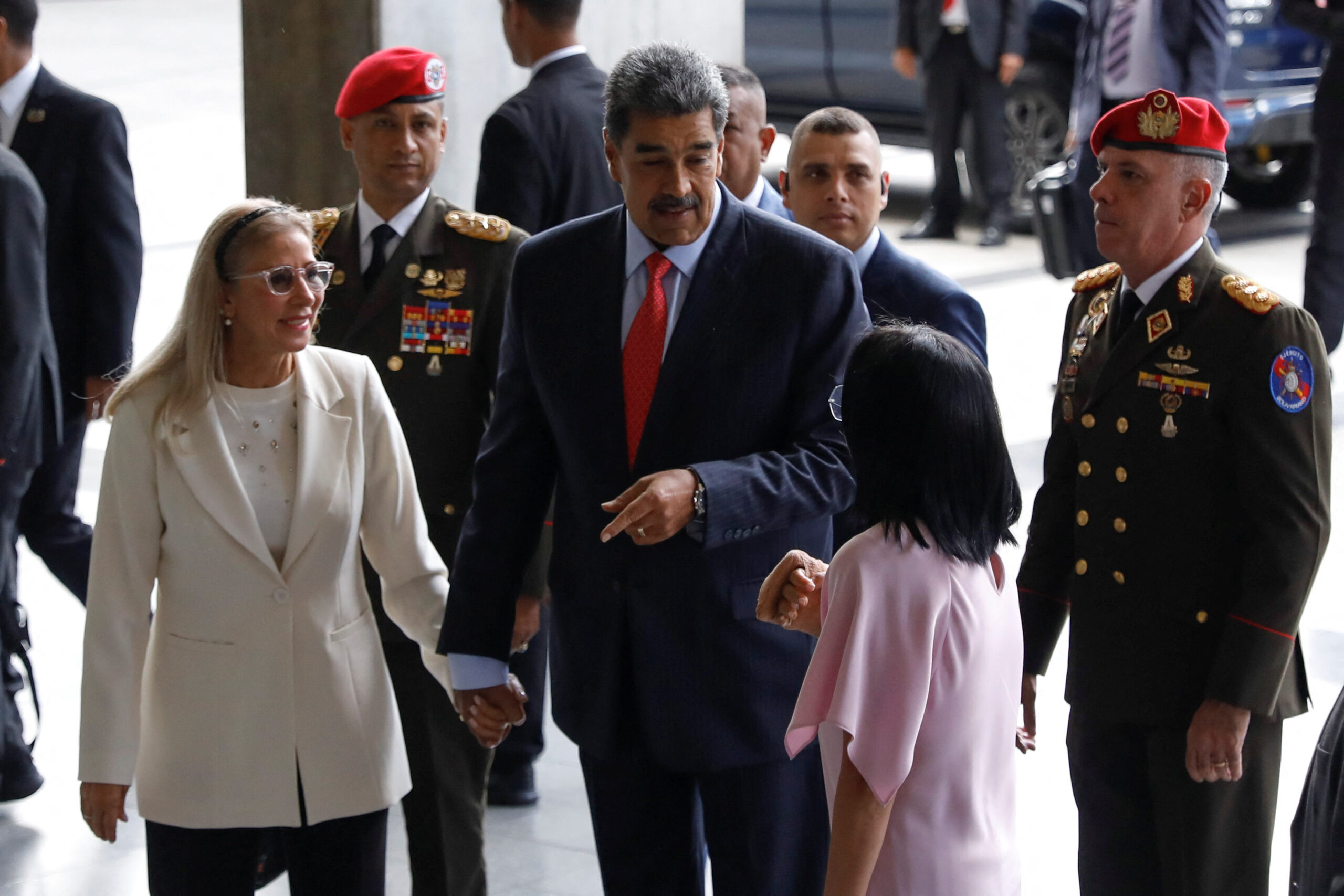Longevity, influence and the social media trap: Who do we trust with our health?
In a world where six-pack abs are flaunted more than six-point health plans, who are we really trusting […]

President Nicolas Maduro was declared the winner of Venezuela’s presidential election on Monday despite significant irregularities, triggering widespread protests across the country.
The election followed a period of massive support for the opposition candidate, Edmundo Gonzalez, who represented the popular opposition leader Maria Corina Machado. Machado was barred from running by Maduro’s government. The country’s electoral authority declared Maduro the winner without releasing a full vote count, intensifying doubts about the legitimacy of his victory.
Machado deemed the results “impossible,” with many observers pointing to government interference at polling stations.
This is not the first time Maduro’s administration has faced accusations of falsifying election results. Similar to other authoritarian leaders globally, Maduro has employed numerous tactics to manipulate elections, attempting to gain legitimacy by distorting the democratic process.
Below are five different ways authoritarian governments can rig elections.
Authoritarian governments often rig elections by co-opting various branches of government, such as the judiciary or legislative bodies.
Experts highlighted El Salvador’s president, Nayib Bukele, as an example. Bukele’s government implemented changes that enabled the country’s legislature to pass laws favouring his administration. With a supermajority in the legislature, Bukele’s party replaced judges on the Supreme Court, which subsequently reinterpreted the Constitution, allowing him to run for re-election despite a ban on consecutive presidential terms.
When authoritarian leaders consolidate power by gaining control over the judiciary or the legislature, they have a whole biased institution to rule in their favour. The fraud doesn’t happen overnight, it’s a systematic and prolonged process. Authoritarian governments methodically consolidate power, asking themselves if they have the judiciary or the army. They ensure these elements are in place to execute their plans.
Authoritarian governments around the world frequently manipulate election outcomes by controlling which candidates are permitted to run.
In Venezuela, Nicolas Maduro’s administration used the judicial system to disqualify the charismatic Maria Corina Machado from the presidential ballot. As a result, Machado’s party was forced to substitute her with Edmundo Gonzalez, a relatively unknown diplomat.
In Iran, the repressive regime maintains control over elections by only allowing candidates approved by the Guardian Council – a 12-member body of jurists and clerics – to run. This year, the council disqualified several women, a former president, and numerous government officials, narrowing a pool of 80 candidates to just six eligible presidential contenders.
Similarly, in Pakistan, the government has imprisoned the popular opposition leader Imran Khan and threatened to ban his party, Tehreek-e-Insaf (P.T.I.). The powerful military in Pakistan has also been accused of rigging numerous elections to undermine the broadly popular P.T.I.
Authoritarian governments also manipulate elections by instilling fear among voters.
In Venezuela, Nicolas Maduro ominously warned of a “blood bath” if his party lost, a threat backed by violent actions: in 2017, National Guard troops and Maduro-aligned militias brutally suppressed anti-government protests.
In Russia, President Vladimir Putin has banned public demonstrations and imprisoned his most prominent critic, Aleksei Navalny, along with other opponents, serving as a stark warning to those who might challenge his authority.
In Syria, President Bashar al-Assad has notoriously quelled dissent through state-sponsored violence, imprisoning protestors in a notorious system of prisons known for torture and extrajudicial killings.
Some authoritarian governments retain control by buying votes. Paraguay’s Colorado Party has remained in power for 70 years, partly by rounding up Indigenous people and paying them to vote for the right-wing party.
On a smaller scale, political parties in Mexico have distributed gift cards and other items to secure election victories. Similarly, in the Philippines, international observers reported that the 2022 national elections were marked by “blatant vote-buying.”
Authoritarian governments often restrict or manipulate election observation to maintain control.
In Venezuela, some voting station officials refused to provide paper tallies to election monitors, preventing external verification of the results. Additionally, Nicolas Maduro’s government expelled the diplomatic missions of seven Latin American countries that condemned the official election announcement.
In Syria’s 2014 election, President Bashar al-Assad invited observers, but only from authoritarian nations like North Korea, Iran, and Russia, to give the appearance of legitimacy to the voting process.

In a world where six-pack abs are flaunted more than six-point health plans, who are we really trusting […]

In the era of social media, post-COVID, and with mental health at the forefront, a shift is taking […]